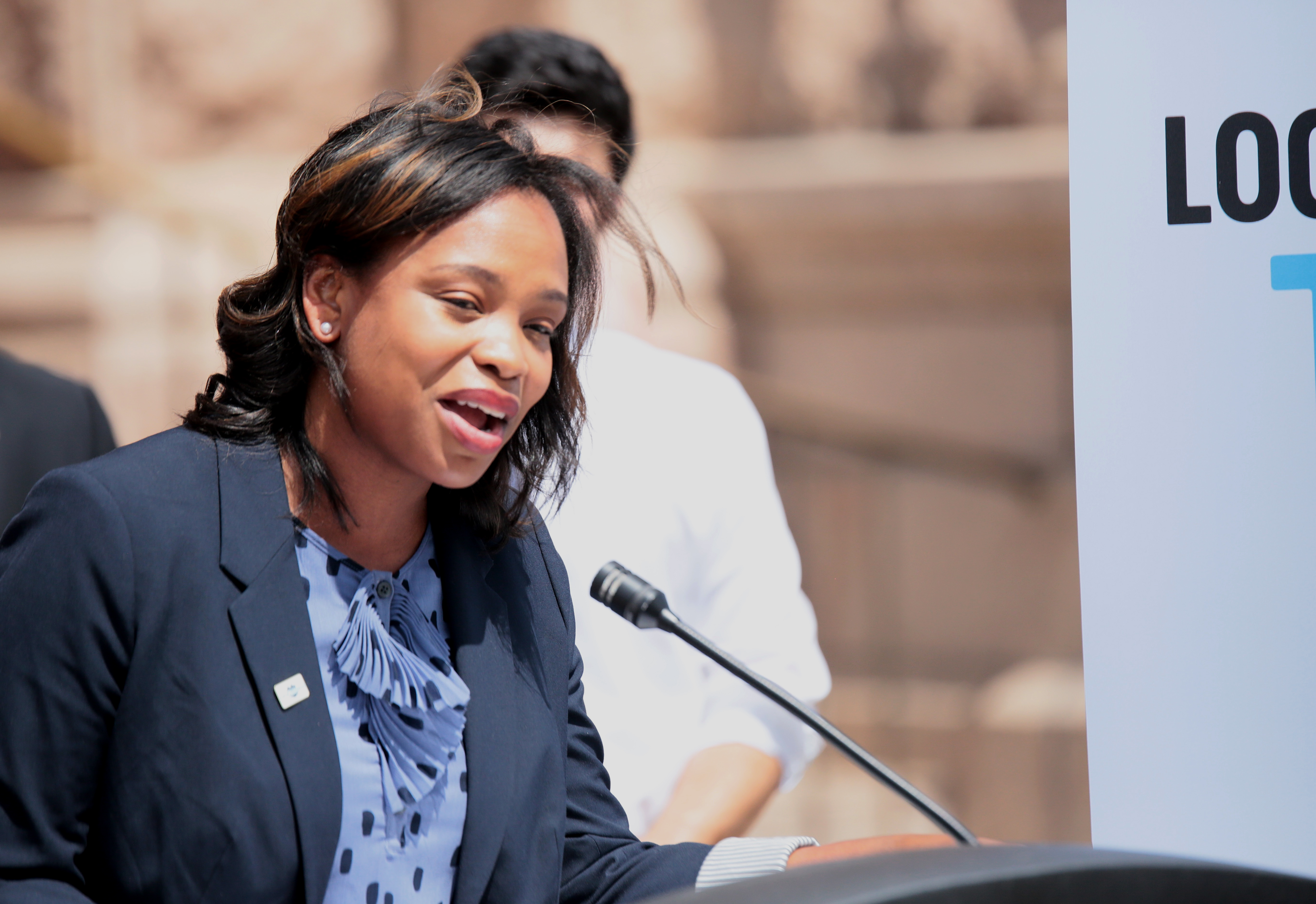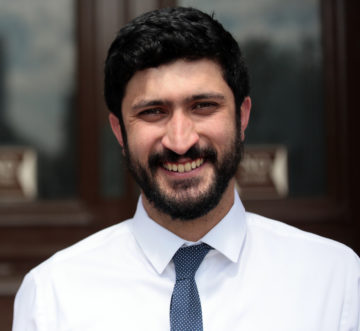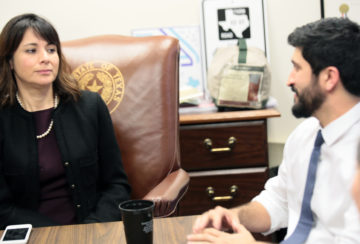
Progressives Scramble to Fight Back Against Texas Republicans’ Attacks on Local Control
From capping property taxes to banning paid sick leave ordinances, GOP lawmakers want to stomp out liberal policies in cities across the state. A progressive network is going on the offensive.

There hasn’t been a steady stream of protests at the Capitol and no lawmakers have called ICE on activists (yet) this session. In fact, the Legislature is on the verge of actually increasing funding for public schools. But one thing remains the same as the sordid sessions of the past: Republicans are still trying to crush any remaining semblance of local government power.
It’s no coincidence that this battle is playing out in the major cities, where Texas Democrats have built the most political power and had the most success advancing progressive policies in recent years. In response, Republicans have ruthlessly tried to kneecap city officials and stomp out any sign of blossoming local progressivism. Last session, this effort played out both in significant, highly controversial bills, like the “sanctuary city” ban and the bathroom bill, as well as smaller squabbles, like the attempt to pre-empt local tree removal ordinances. This session, Austin and other cities are once again in the Legislature’s crosshairs as Republicans seek to severely curtail communities’ ability to raise revenue through property taxes. GOP lawmakers also want to broadly pre-empt any local authority to establish basic labor standards, such as paid sick leave or even water breaks.
“The big donor class and corporations that run the statewide Republican Party are hoping to crush a progressive movement that is clearly growing in our cities,” Austin City Council member Greg Casar told the Observer. “I think a lot of our job is to be the backlash to that.”

Casar was first elected to the city council in 2014 and has since been the de facto emissary for the states’ liberal cities trying to parry Republicans’ fusillade of attacks in the Legislature. But this year, he brought reinforcements. On the steps of the Capitol last Thursday, Casar introduced the new Texas chapter of Local Progress, a national network of local progressive elected officials. Leaders from around the state — including Dallas, Desoto, Balch Springs and San Marcos — showed up to affirm their right to govern.
The meeting came days after state Senator Brandon Creighton, a Conroe Republican, introduced four piecemeal bills that would broadly prohibit local governments from regulating employment benefits. Creighton took that step after his omnibus pre-emption measure, SB 15, stalled amid concerns that it would undermine local nondiscrimination ordinances for LGBTQ people. The Senate State Affairs Committee held a hearing on the four bills the same afternoon that local progressives met at the Capitol.
It can be difficult for local officials like Casar to convince Democratic legislators — who already wield little power in the Capitol — to go to the mat over something like local pre-emption and paid sick days. It’s an even bigger challenge during this fast-paced, conciliatory session, in which lawmakers are consumed with a big bipartisan push for landmark school finance reform.
But Casar insists that Democrats could turn local control into a losing issue for Republicans if they went on the offensive. He points to statewide polling that shows abundant public support for local control and policies such as mandatory paid sick leave. “I think that [Republicans] don’t have a rhetorical leg to stand on. They can say as many times as they want, ‘We want to take away people’s sick days in order to protect jobs’ to people who have jobs and don’t have sick days. It doesn’t square, right?” Casar told me.
“We have a lot of work to do to remind folks that when people pay their taxes, it provides real services.”
The House companion bill to Creighton’s SB 15 hasn’t gotten a hearing yet, but Casar wanted to make sure that House Democrats are ready to fight when the time comes. Casar met with state Representative Gina Hinojosa of Austin, who’d been focusing primarily on the massive school finance bill that had just passed out of the House, and debriefed her on the GOP’s pre-emption efforts. “I think you’re right. We need to make it hurt,” Hinojosa said about the GOP’s push to roll back mandatory paid sick leave ordinances, which recently passed in Austin and San Antonio.
Then, Casar pivoted to the Republican-backed HB 2, which would cap large cities’ annual property tax revenue growth at 2.5 percent unless voters approve more. The 2017 session featured a similar debate, but the rate cap this year is much more severe. Casar is concerned that the rhetoric in the Capitol tends to fall into the same narratives about liberal cities versus conservative state government while obscuring the real policy consequences.

“The hole that would be caused [by the property tax cap] over a three-year budget period is more than the entire Austin Public Library system,” Casar told Hinojosa. “So I think we need to start getting that message out.” He wanted leaders in Austin and elsewhere to hold public hearings that would give explicit details about the impact of the property tax proposals. “We have a lot of work to do to remind folks that when people pay their taxes, it provides real services.”
It was a good idea, Hinojosa said. But there was just one problem. Republicans were already pushing to debate the bill on the House floor within a week. Casar was taken aback: “Geez, that quick?”
“It’s just a race against time here,” Hinojosa lamented.
Between meeting with legislators in the Capitol, Casar furiously tapped out emails and texts, scheduled meetings and strategized on the fly. At one point, he had to take a 20-minute phone call with Austin Mayor Steve Adler; they still needed to iron out the agenda for the next city council meeting.
Later that evening, Casar would testify before the Senate State Affairs committee in opposition to labor pre-emptions. That same day, the committee would also hear testimony on a bill that would prohibit localities from using taxpayer money to create publicly financed campaign programs in an effort to lessen the influence of big donors.
It’s a never-ending game of whack-a-mole for progressives like Casar to try to defeat the bevy of GOP attacks on local control. But Casar thinks that building a network that connects local progressives around the state and gives them the tools to work with allied lawmakers will help form a stronger bulwark against the Republican attacks on local control. “It gives us a chance to play both offense and defense,” he said.


